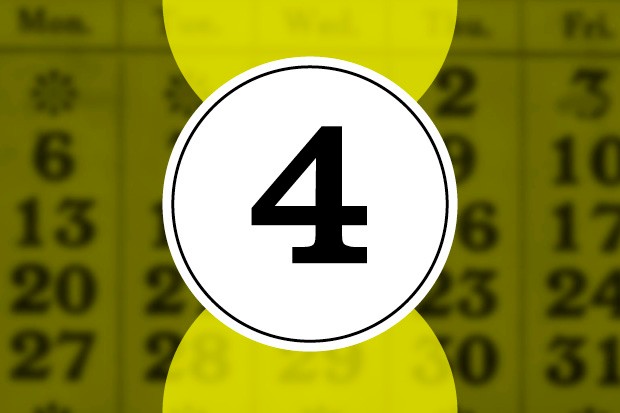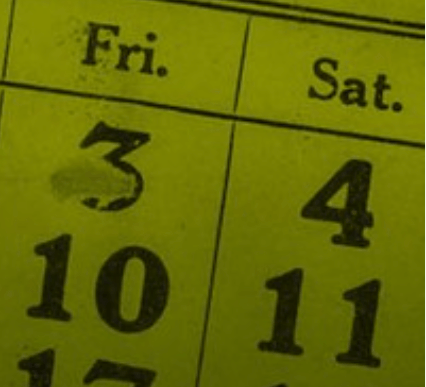4 January: On this day in history
What events happened on 4 January in history? We round up the events, births and deaths…

4 January 1642: Charles I leads troops into the House of Commons to arrest the Five Members
The king’s rash attempt to seize dissenting MPs precipitates the end of his reign and the outbreak of the Civil War
By the end of 1641, relations between Charles I and his parliament were close to collapse. After 11 years of personal rule, Charles had recalled parliament to try to levy new taxes to fund his wars against the Scottish Covenanters. Months of bickering reached a climax on 22 November, when the Commons passed a Grand Remonstrance attacking the king’s supposed fealty to ‘foreign princes’. At the turn of the year, Charles decided to seize the initiative. He was convinced that the MPs later known as the ‘Five Members’ – John Hampden, Arthur Haselrig, Denzil Holles, John Pym and William Strode – had led the campaign against him, encouraging the Scottish rebels and stirring up the London mob. The last straw was a rumour that they were planning to move against his Catholic queen, Henrietta Maria.
On 4 January, Charles acted. In violation of convention, he led a troop of armed men into the Commons and took the seat of the Speaker, William Lenthall. But as he looked around, the Five Members were nowhere to be seen. “I see the birds have flown,” Charles said drily, and asked Lenthall where they were. Lenthall fell to his knees. “May it please your majesty,” he said, “I have neither eyes to see nor tongue to speak in this place but as this house is pleased to direct me whose servant I am here.”
Charles strode out in high dudgeon, the five MPs still in hiding. Six days later he left London and began raising an army. | Written by Dominic Sandbrook
4 January 1698
Whitehall Palace in London burns to the ground after some linen left by a maidservant to dry in front of a fire catches alight. Only the Banqueting House and the Whitehall and Holbein Gates are left standing.
4 January 1761
Death of botanist, chemist and inventor Stephen Hales. A researcher into plant and animal physiology, as well as the nature of air, Hales is also credited with the invention of surgical forceps.
4 January 1809
Louis Braille is born in Ile-de-France. After losing his sight following an accident he will attend the National Institute for Blind Children in Paris. Here he will develop his system of written communication for visually impaired people.


Start the year with a subscription to BBC History Magazine - £5 for your first 5 issues!
As a print subscriber you also get FREE membership to HistoryExtra.com worth £34.99 + 50% London Art Fair 2024 Tickets




